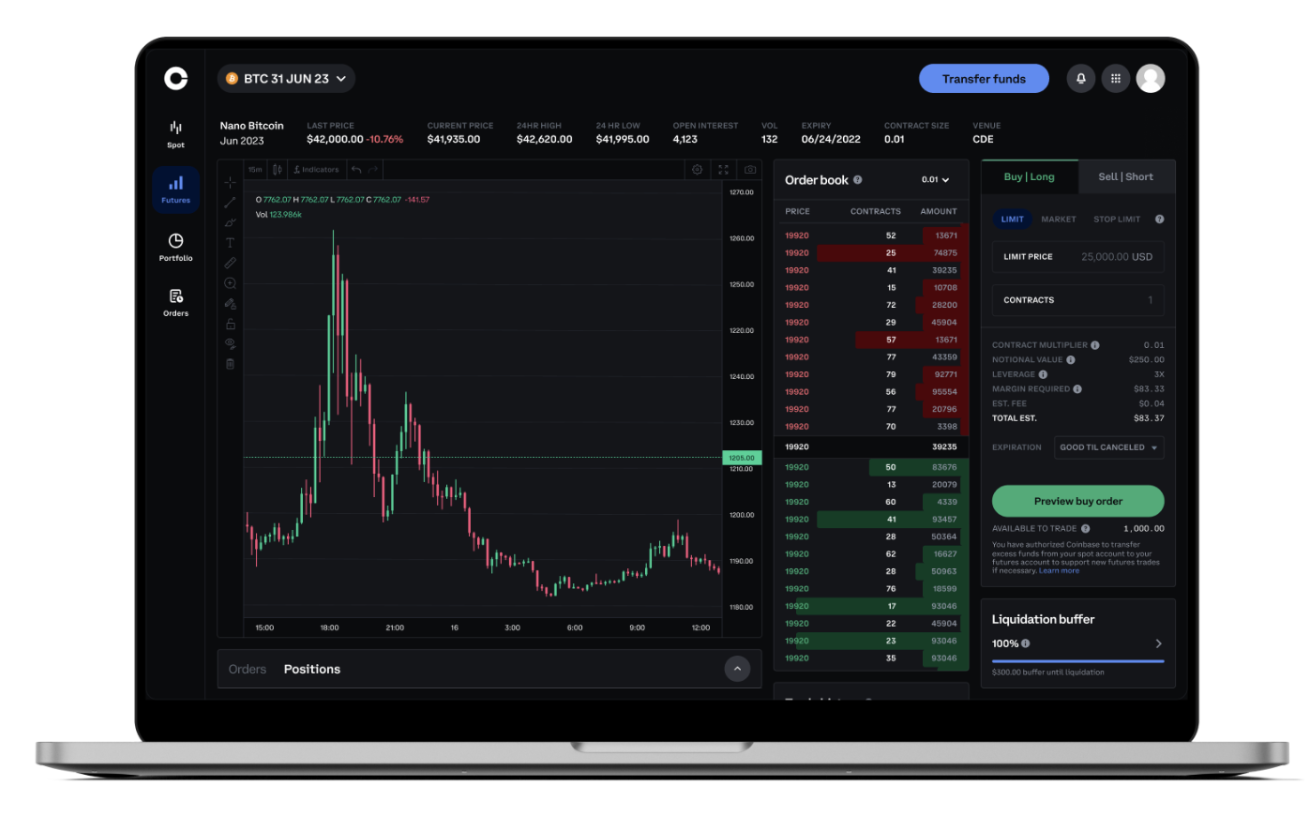Cryptocurrency Futures Trading Platform

In recent years, cryptocurrency futures trading has gained immense popularity in the financial world. With the rise of digital assets like Bitcoin and Ethereum, investors are looking for ways to maximize their profits and hedge against market volatility. This blog article aims to provide a detailed and comprehensive guide to cryptocurrency futures trading platforms, exploring their benefits, features, and how they work.
Before diving into the specifics, it is crucial to understand the basics of cryptocurrency futures trading. Futures contracts allow traders to buy or sell an asset at a predetermined price at a future date. In the case of cryptocurrencies, these contracts enable investors to speculate on the future price movements of digital currencies, without actually owning them. This form of trading offers unique advantages, such as the ability to profit from both rising and falling markets.
What is a Cryptocurrency Futures Trading Platform?
In the world of cryptocurrency, a futures trading platform is a specialized online platform that facilitates the trading of futures contracts for digital assets. Unlike traditional cryptocurrency exchanges, these platforms focus specifically on futures trading, offering a wide range of features and functionalities tailored to this type of trading.
One key feature of a cryptocurrency futures trading platform is the availability of leverage. Leverage allows traders to amplify their positions by borrowing funds from the platform, enabling them to control larger positions with a smaller amount of capital. This can significantly increase potential profits but also carries higher risks.
Another crucial feature is the availability of various types of futures contracts. These contracts can differ in terms of expiration dates, settlement methods, and underlying assets. Common types of cryptocurrency futures contracts include perpetual contracts, quarterly contracts, and inverse contracts.
.........Market Volatility and Leverage Risks
One of the significant risks associated with cryptocurrency futures trading is the inherent volatility of the cryptocurrency market itself. Digital assets are known for their price fluctuations, and this volatility can be amplified in futures trading due to leverage. While leverage can enhance profits, it can also lead to substantial losses if the market moves against the trader's position.
It is crucial for traders to have a thorough understanding of risk management strategies and to set appropriate stop-loss orders to limit potential losses. Additionally, keeping up with market news, technical analysis, and staying updated on regulatory changes can help traders make informed decisions and mitigate the risks associated with market volatility.
Trends and Developments in Cryptocurrency Futures Trading
The cryptocurrency futures trading industry is constantly evolving, driven by technological advancements, regulatory changes, and market trends. Staying updated with the latest developments can provide traders with a competitive edge and help them adapt to the changing landscape.
Introduction of New Futures Contracts
As the cryptocurrency market matures, new types of futures contracts may be introduced to meet the evolving needs of traders. For example, some platforms may introduce options contracts, allowing traders to hedge their positions or speculate on specific price ranges. Other innovations may include futures contracts tied to specific events or indicators, providing additional trading opportunities.
Regulatory Changes and Compliance
The regulatory landscape surrounding cryptocurrency futures trading is still evolving in many jurisdictions. Governments and regulatory bodies are increasingly recognizing the importance of regulating this market to protect investors and ensure fair trading practices. Traders should stay informed about regulatory changes and comply with any licensing and reporting requirements to operate within the legal framework.
Emerging Trading Platforms
The growing popularity of cryptocurrency futures trading has led to the emergence of new trading platforms. These platforms may offer unique features, competitive fees, and advanced trading tools to attract traders. Keeping an eye on these emerging platforms can help traders explore new opportunities and find platforms that best suit their trading needs.
Institutional Adoption
The involvement of institutional investors in cryptocurrency futures trading is a significant trend that could shape the future of the industry. As traditional financial institutions, such as banks and hedge funds, show increasing interest in cryptocurrencies, they are likely to bring more liquidity and stability to the futures market. This institutional adoption can provide additional trading opportunities for retail traders and potentially lead to more regulated and mature trading environments.
Impact of Emerging Technologies
Emerging technologies, such as blockchain and artificial intelligence, are also likely to impact the cryptocurrency futures trading industry. Blockchain technology can enhance transparency, security, and efficiency in trading processes, while AI-powered algorithms can provide sophisticated trading strategies and risk management tools. Traders should keep an eye on these technological advancements and explore how they can incorporate them into their trading strategies.
In conclusion, cryptocurrency futures trading platforms offer a unique and lucrative opportunity for investors to participate in the volatile cryptocurrency market. By understanding how these platforms work, the benefits they offer, and the associated risks, traders can make informed decisions and optimize their trading strategies. As the cryptocurrency industry continues to evolve, staying updated with the latest trends and developments will be crucial for success in this exciting and dynamic market.